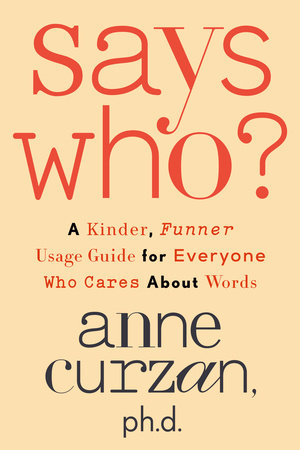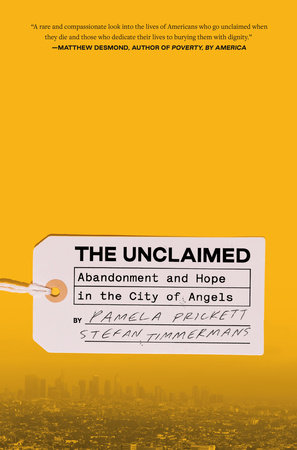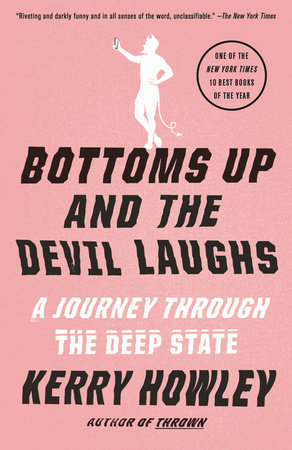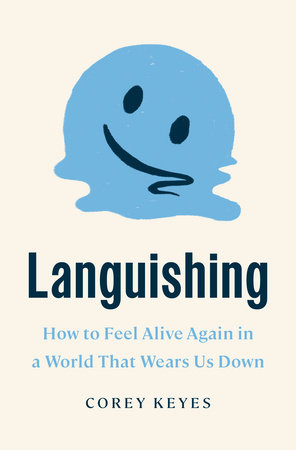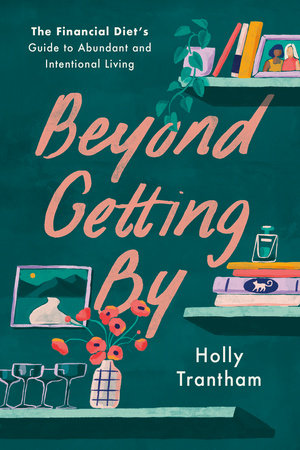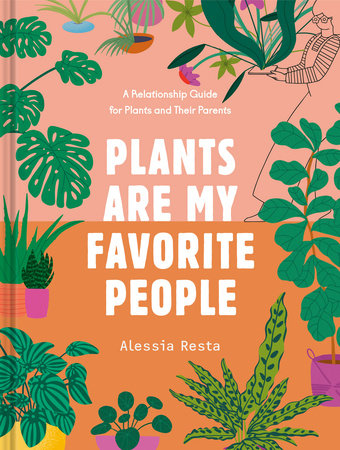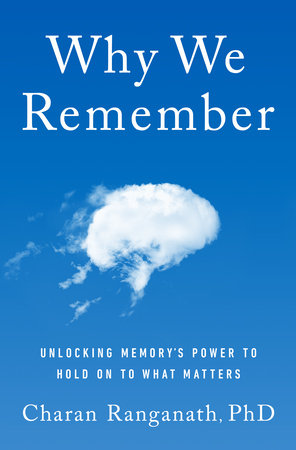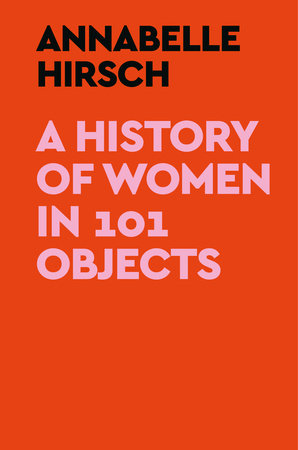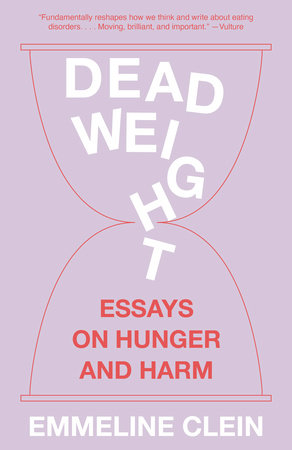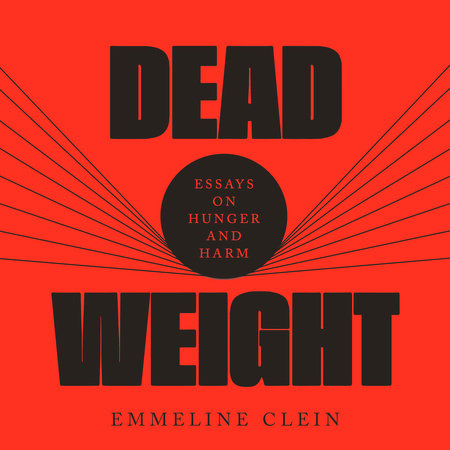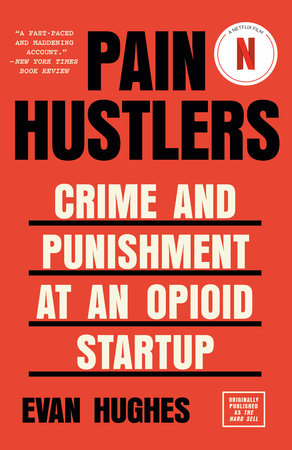Author Q&A
1: What led you to write this book?
I was twelve years old when I started starving, studying a disease of self-destruction I mistook as an art of self-shrinking. I was thirteen when I first set foot in an eating disorder treatment center and twenty-four when I used drugs to lose weight and ended up in a hospital bed. Over that decade, I watched too many girls I love, in real life and on screens, struggle to survive the same cult of femininity I was mired in, all of us desperate to follow in the footsteps of cautionary tales we misread as role models.
I couldn’t find my friends’ voices in the canon, but I believe they deserve to be heard. Elizabeth Hardwick once said that there are only two reasons to write: desperation and revenge. I wrote out of and towards both: I’d spent too long mired in the self-hatred our culture of disordered eating taught me, and seen too many people I love drown in its quicksand. I was desperate for a different story, one that zagged and widened, so I wrote one down, one I’d heard in whispers and read in blogs, one I’d received through sobs and in DMs. I wanted revenge on the culture that has killed so many women, and I wanted to drown out the voices that have reprimanded, instructed, ranked, and judged us since we become cognizant with our own ragged screams, and those of the girls who didn’t make it this far. I wanted to hand a microphone to a ghost choir.
I wrote this book to tell our stories and ask how we got here, to a world where the narratives we tell about eating disorders are as narrow as the bodies we’ve been taught to want. Dead Weight offers a new lens through which to see the economic, cultural, and political history of this epidemic. The phrase “diet culture” has become common parlance over the past few years, but it is a starkly insufficient term in the face of a lethal epidemic of disordered eating. ‘Diet culture’ not only underplays the dire situation, but serves the slim ideal by referring to collective attempts at self-harm as simple ‘diets,’ to what is often a lifelong stance of self-hatred as a temporary lifestyle choice. This is not diet culture, it is a culture of appetite suppression, of self-harm as part and parcel of pursuing an impossible beauty ideal, one rooted in racism and misogyny. Disordered eating is one of our era’s central social, economic, political, and cultural issues, not a niche set of clinical diseases or an outdated feminist concern. For too long, eating disorders have been siloed off in the literary world, depicted either through self-help books, memoirs, or medical texts, rather than analyzed as the economic, cultural, political, and social issues they are. These disorders are not given the serious intellectual treatment that similarly demographically prevalent disorders that do not predominantly afflict women, like addiction and depression, regularly receive. I wanted to give these diseases, and more importantly, their sufferers, the true, tender, intellectually layered study they have long deserved.
2: Are there other depictions of our culture of disordered eating that you think DEAD WEIGHT is in conversation with?
This book is a choral narrative, a collage, an AIM chat transcript. In other words, of course. Writing, I was in conversation first and foremost with the girls and women I’ve loved in my life: friends, lovers, Tumblr mutuals, celebrities, and fictional characters across television, novels, and film. This book would not exist without the conversations I had, in reality and in my dreams, with all those people, and it would not exist without the conversations I had with so many strangers who feel like sisters, people I found through their blogs and social media accounts who were honest, eloquent, and vulnerable when we spoke.
In terms of literary depictions of disordered eating, my meta-textual aesthetic ethos is informed by the work of Chris Kraus in Aliens & Anorexia (from which one of my epigraphs comes) and Kate Zambreno in Heroines, both of which map the terrain of feminized mental illness and its attendant bodily disorders and disturbances with tenderness, intellect, and a tendency to ventriloquize the women they’ve read and learned from.
This book writes towards, through, occasionally against, and always with empathy and a sense of solidarity with narratives of disordered eating penned by Leslie Jamison, Melissa Broder, Caroline Knapp, Rachel Aviv, and Sarah Gerard. In its political ethos, Dead Weight speaks through and to Anne Boyer’s The Undying and Beatrice Adler-Bolton and Artie Vierkant’s rendering of the economic incursion into health care in Health Communism, echoing their calls for a radical re-orientation of our healthcare system towards genuine care, rather than death-dealing and diagnosis in the name of profit. This book converses with and draws from the work of Sabrina Strings in Fearing the Black Body and Tressie McMillan Cottom in Thick in their deft unravelings of the racist, misogynistic tapestry of western beauty standards. I also write through Anne Boyer’s re-invention of genre, forging a sororal memoir-history of a feminized disease class, always attending to her (and Sontag’s before her) cautions against metaphor in weaving honest stories about illness.
3: DEAD WEIGHT handles the description of eating disorders in a way that I hadn’t seen before—avoiding details that could give the reader a better depiction of someone’s diet. Could you share what your process was; what you felt was at risk by offering specifics and how you brought interviewees’ experiences to life without specifics?
Eating disorders are often competitive, copycat illnesses. Too many memoirs end up misread as manuals, no matter what their author intended. So many memoirs are written in the grip of illness, with the symptomatic pride in abstention that is all too catching when you’re vulnerable. I’ve read so many cautionary tales turned instruction manuals, finding myself writing down diets and going to the grocery store with lists copied from books ostensibly intended to warn me away from those very meals. I’ve watched girls on Tumblr and Twitter trade meal plans as casually as restaurant recommendations. We don’t need more itemized retellings of calorie deficits or binge foods, we need to know what was going on in those girls’ minds, lives, and bodies when they wrote them down, not to mention the leadup and the aftermath.
So, specifics around calorie amounts and weights are not only triggering but too often instructive. While the conventional wisdom on writing prizes detail; numerical specificity on this subject, I’ve found, is rarely thought-provoking or generative and is instead upsetting, insecurity-inciting, or instructional. This book is not about what we ate, didn’t, or threw up: it is about the systems that taught us any of those choices were necessary stops on the highway to beauty, that that highway wasn’t heading straight for a valley with no bridge over it, and that our destination wasn’t an ever-receding horizon line. It is about the women and girls we lost on the way, those who got off at an exit early enough to survive, and those of us still stuck on the road, contemplating where we’re going. What I mean is that I didn’t need calories or pounds to tell this story, because it isn’t a story of weight loss or gain, it is a story of hurt, harm, community, competition, care, capital, lies, and love. I brought my subjects’ stories to life using their own words, their experiences, and the emotional journeys they were kind, genuine, and vulnerable enough to take me on.
4: In researching the treatment essay, you attended conferences and read medical journals—what strikes you most about the way we handle recovery currently?
Writing the chapters on treatment involved some of the most surprising and upsetting discoveries of my entire research process. On a grand scale, the way this country treats eating disorders is counterintuitive, competitive, capitalistic, and often releases people into the world sicker than when they entered treatment. Eating disorders are the only mental illness that requires a biometric marker for diagnosis––you can have all the cognitive, behavioral, and emotional symptoms of anorexia but not a weight low enough to receive the diagnosis, which in turn means your insurance provider will not pay for your treatment. So you have medical professionals denying care to people who are already harming themselves because they believe they are not thin enough because they are ostensibly not thin enough to receive care. On the flip side, once you enter treatment––which often happens once people are extremely sick due to our diagnostic demands, at which point recovery rates are much lower––your weight and caloric intake are obsessively watched and recorded. Not only does this approach reinforce the very logic of eating disorders themselves, central symptoms of which are an obsession with minute changes in weight and an emphasis on numerical self-surveillance––but it also further reifies the sickening notion that you must be physically ‘sick enough’ to deserve treatment and in turn deserve to nourish yourself enough, because insurance companies refuse to pay for any further treatment as soon as patients hit what is considered their ‘healthy weight,’ kicking them out of treatment just when they need holistic psychiatric care the most: when they are suddenly living in a body they had just been killing themselves to avoid inhabiting.
When I began this project, I knew that the existing diagnostic paradigm created a hierarchy with anorexia at the top and binge eating disorder at the bottom, fostering competition between patients instead of community and solidarity, but I didn’t realize that there was a movement to add another diagnosis to the existing hierarchy. In view of eating disorder treatments’ dismal recovery rates (relapse rates reach 40% in the single year following treatment), and anorexia’s mortality rate (20% of cases are chronic or fatal), some doctors have begun advocating for the creation of a Terminal Anorexia diagnosis that would allow patients to receive hospice care and even Medical Aid In Dying drugs. This situation, one created out of doctors’ empathy for patients who are being harmed by our current treatment paradigms, was emblematic to me of both medicine’s fatal refusal to treat these illnesses on a political and social rather than a simple biomedical level, a refusal that would rather see women die of treatable mental illness than attempt to radically alter their existing medical models. The fact that women have already and continue to die in hospice facilities of these diseases, while the mortality rate for eating disorders overall is second only to opioid addiction, and all this is accompanied by little to no public outcry underscores the misogynistic erasure of eating disorders from the national conversation around mental health.
5: What do you hope readers take away from DEAD WEIGHT?
I hope––ardently, desperately, at a level that is utterly cringe––that anyone who has ever blamed, hated, or hurt themselves for their desire to conform to beauty standards that demand self-harm, or for the coping mechanisms we call diseases they developed in thrall to those beauty standards, realizes none of it was their fault in the first place. This issue is not an individual one, as it has so often been cast––in the self-help books and the memoirs, in the medical literature––but a systemic, structural one. We’ve been used as pawns by systems oriented towards profit, not life or love or health. The capitalist, patriarchal, and white supremacist society we live in profits at astronomical rates from our beauty standards, both through the vast amounts of money generated by the diet industry and the rapidly increasing sums coming out of the eating disorder treatment complex. These systems feed (pardon the pun) each other, and both rely on us believing a lie: that diets and eating disorders alike affect individuals, who must save themselves from either weight gain or disease. In reality, these are societal, communal issues we can only address together, through a radical re-orientation of our understandings of beauty as well as bodily and mental health. This country has an eating disorder, and both the weight loss industry and the eating disorder treatment industry are symptoms of something we haven’t yet found a cure for.
This book is about girlhood’s appetites and injuries, the hungers awakened and suppressed as we learn what we like to eat and what turns us on, and soon after learn to count each other’s calories and judge the food left on each other’s plates. It is about the bonds forged through the fires of femininity –– the friendship, romance, and uncategorizable love that lives in the liminal spaces left to us by a culture that has always aimed to constrain us. Lessons learned in internet forums, bathroom stalls, books, and screens train girls to believe the myth that props up a culture of disordered eating: if we want to satisfy our hunger for affection and attention, we must repress our hunger for food. In its place, I hope my book proposes a feminism of care, attention, and radical acceptance of all our appetites, a culture in which perhaps, we can find solidarity to replace the sorrow and sickness we’ve shared.



